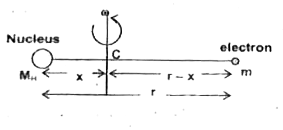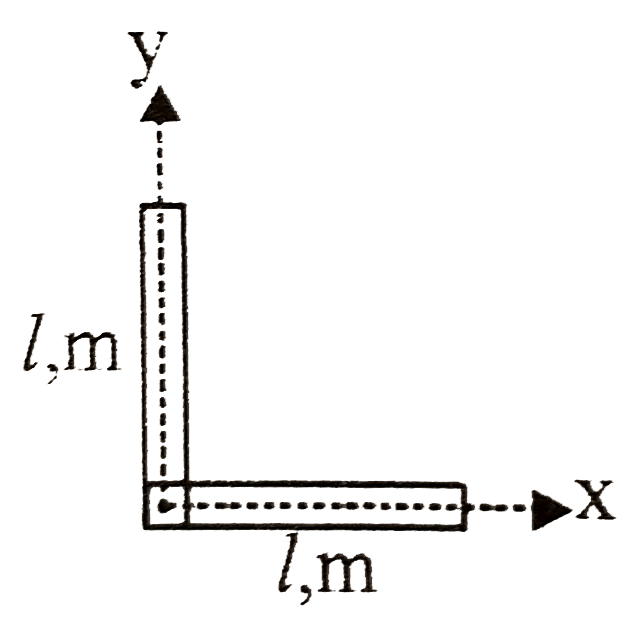The rate of change of angular momentum of a system of particles about the centre of mass is equal to the sum of external torque about the centre of mass when the centre of mass is :
A
Fixed with respect to an inertial frame.
B
in linear acceleration.
C
in rotational motion.
D
is in a translational motion.
Video Solution
Text Solution
The correct Answer is:A, B, C, D
d→LCdt=→τCAns.(A,B,C,D)
|
Topper's Solved these Questions
- DAILY PRACTICE PROBLEMSBook:RESONANCEChapter:DAILY PRACTICE PROBLEMSExercise:dpp 88
Explore 7 Videos
- DAILY PRACTICE PROBLEMSBook:RESONANCEChapter:DAILY PRACTICE PROBLEMSExercise:Now answer the following :
Explore 20 Videos
- DAILY PRACTICE PROBLEMSBook:RESONANCEChapter:DAILY PRACTICE PROBLEMSExercise:dpp 86
Explore 6 Videos
- CURRENT ELECTRICITYBook:RESONANCEChapter:CURRENT ELECTRICITYExercise:Exercise
Explore 54 Videos
- ELASTICITY AND VISCOCITYBook:RESONANCEChapter:ELASTICITY AND VISCOCITYExercise:Advanced Level Problems
Explore 9 Videos
Similar Questions
Knowledge Check
The momentum of a system with respect to centre of mass
A(a) is zero only if the system is moving uniformlyB(b) is zero only if no external force acts on the systemC(c) is always zeroD(d) can be zero in certain conditions
The angular momentum of the atom about the centre of mass will beAmr2ωBm(r−X)2ωC(MH+M)r2ωMHm2DMHmMH+mr2ωThe torque on a planet about the centre of sun is
AZeroBNegativeCPositiveDDepend on mass of planet
Calculate centre of mass of the system

View SolutionLinear Momentum Of Two System Of Particle Relative To Centre Of Mass Frame
View SolutionThe sum of moments of masses of all the particle in a system about the centre of mass is always
View SolutionThe centre of mass of a system of particles does not depend on
View SolutionThe centre of mass of a system of particles does not depend on
View Solution

